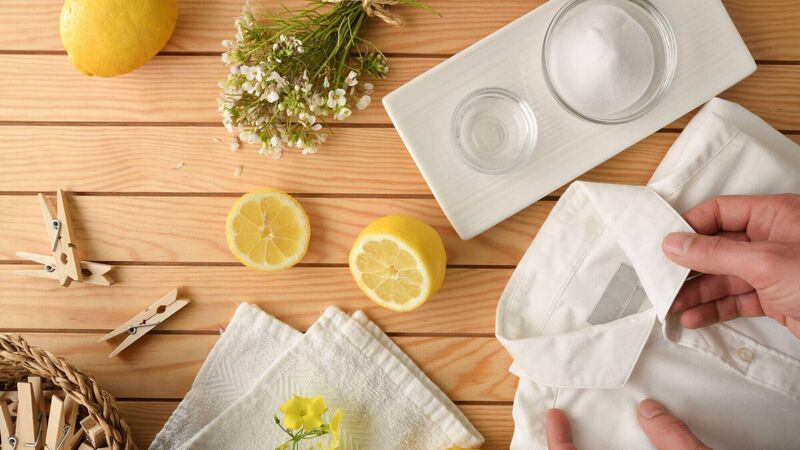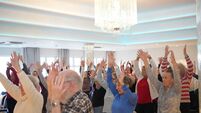Should we be switching to natural cleaning products at home?

Natural cleaning products are kinder to the environment. Picture: PA
If a proper spring clean is on your to-do list, chances are you’re having a root around to see which household cleaning products need topping up.
And more than a passing thought, you might be asking yourself if some of these items can be swapped out for something kinder to the planet – but with the same confidence to get the job done.
Indeed, you only need to look at the ingredients in some products to raise an eyebrow.
Not only do these products poison marine life and wildlife every time they go down the drain by polluting our oceans, she says they can also seriously impact our health.
“As we breathe in and absorb the substances we add to our homes every time we clean.”
Laura Harnett, founder of Seep eco cleaning products says: “Everyone is rightly more concerned about the environment than ever before. The small changes we can make every day will add up to help drive big change.”
And while we’re well informed about microplastics and the effect they have on our oceans, Harnett says a lot of people don’t know that when they use certain washing up sponges (which are made from plastic) they’re releasing micro plastics every single time they wash up.









 App?
App?


